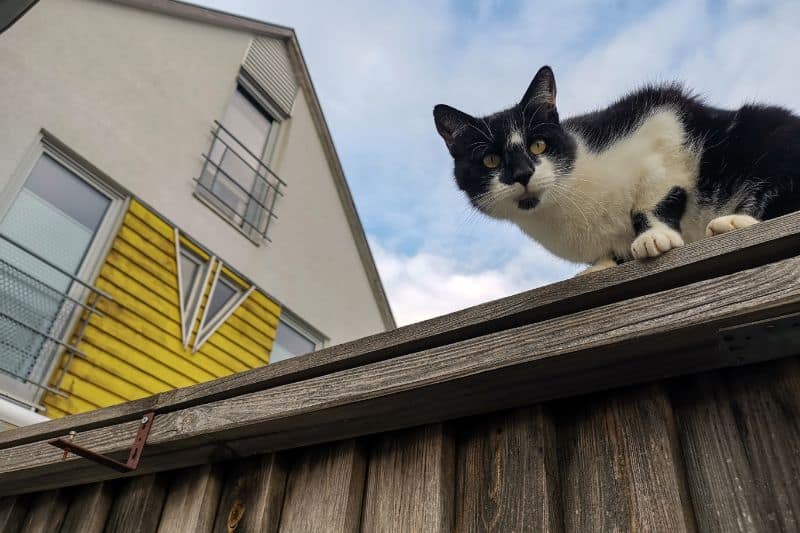How Can You Keep Your Cat Safe From Snakes

If the title of this blog sounds a bit like “how can you stop the rain from falling”, we get it. Snakes are instantly captivating (from a distance), but cats cannot help messing with them.
Many cats find it endlessly amusing to swat at and pounce on them, and their super special owners are “lucky” to get a snake trophy from time to time. It might seem impossible to train cats to distinguish venomous snakes from harmless ones. A better strategy would be to reduce (or eliminate) any snake encounters.
So, how can you keep your cat safe from snakes?
Indoors, Can Be a Fine Place
Indoor-only cats are known to be at a significantly decreased risk for accidental injury or illness. They don’t get into fights with stray cats or wandering dogs, they don’t wander into traffic, and they don’t get stuck up trees. Furthermore, they are more protected from contagious diseases and parasites.
All of this is to say that the most effective way to keep your cat safe from snakes is to keep them (the cats, not the snakes!) inside the house. It doesn’t have to be a punishment! Install a cool catio in the yard, or take advantage of your home’s vertical space with neat cat platforms, hammocks, or bridges.
A Tour of Training
Clicker training your cat to avoid snakes and snake habitats may be a compromise in order for your cat to have outdoor access. It may take some time, but training them can drastically reduce their curiosity and exposure.
Going another step further, you can train your cat to not hunt for snakes. We may not always be able to keep every snake out of our yards, but if your cat actively hunts them they could be asking for trouble. Even dead snakes can pose a risk, as their bite reflex remains hours after death! If a cat knows to avoid all snakes, alive or dead, you are protecting them from possible bites.
The Next Step
Accidents happen, a fact of life that pet owners know well. To keep your cat safe from snakes on and around your property remove items that attract them. Large rocks, wood piles, fallen logs, overgrown grass and shrubbery can all shelter snakes. Clean up fallen bird seed and garbage that attracts rodents and, in turn, snakes.
Additionally, taking steps to seal up your house can limit a snake’s ability to slither into your crawl space or right through a ground floor doorway (stranger things have happened!).
Acting Quickly
If your cat experiences a snake bite, it’s crucial to act quickly. It is best to assume that they received a venomous bite even though it’s possible they suffered a scare and a dry bite instead. All snake bites should be examined and treated.
Inspect the bite site, and try to keep it lower than the heart to minimize the venom from hitting the bloodstream all at once. Seek immediate veterinary care.
Depending on the bite, and whether or not venom is present, your cat’s outcome is directly related to how soon they get help. They may need various treatments to fully recover.
Is Your Cat Safe From Snakes?
Many cat owners have no idea what their cat gets into when they’re out and about. Because of the risk of snakes to their overall health and longevity, it’s best to do everything possible to keep your cat safe from snakes.
If you have additional questions about feline behavior, training, and indoor lifestyles, we’re always here for you at Bowman Veterinary Hospital.


